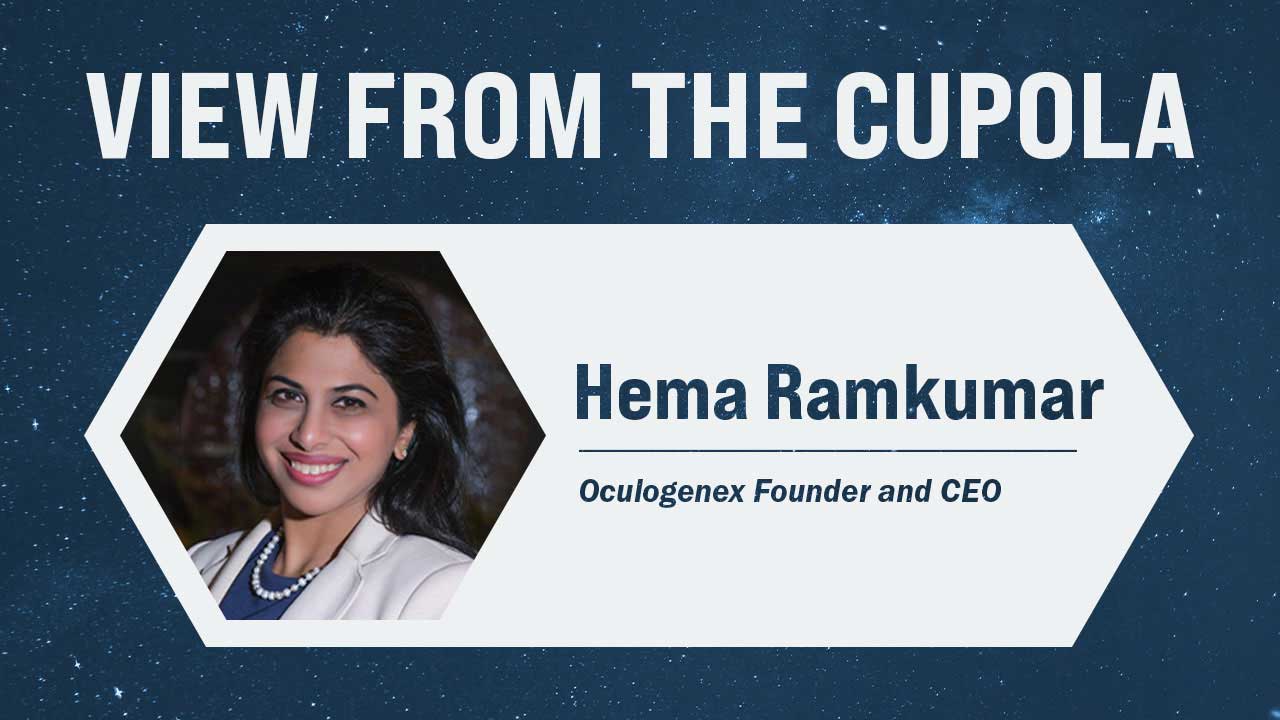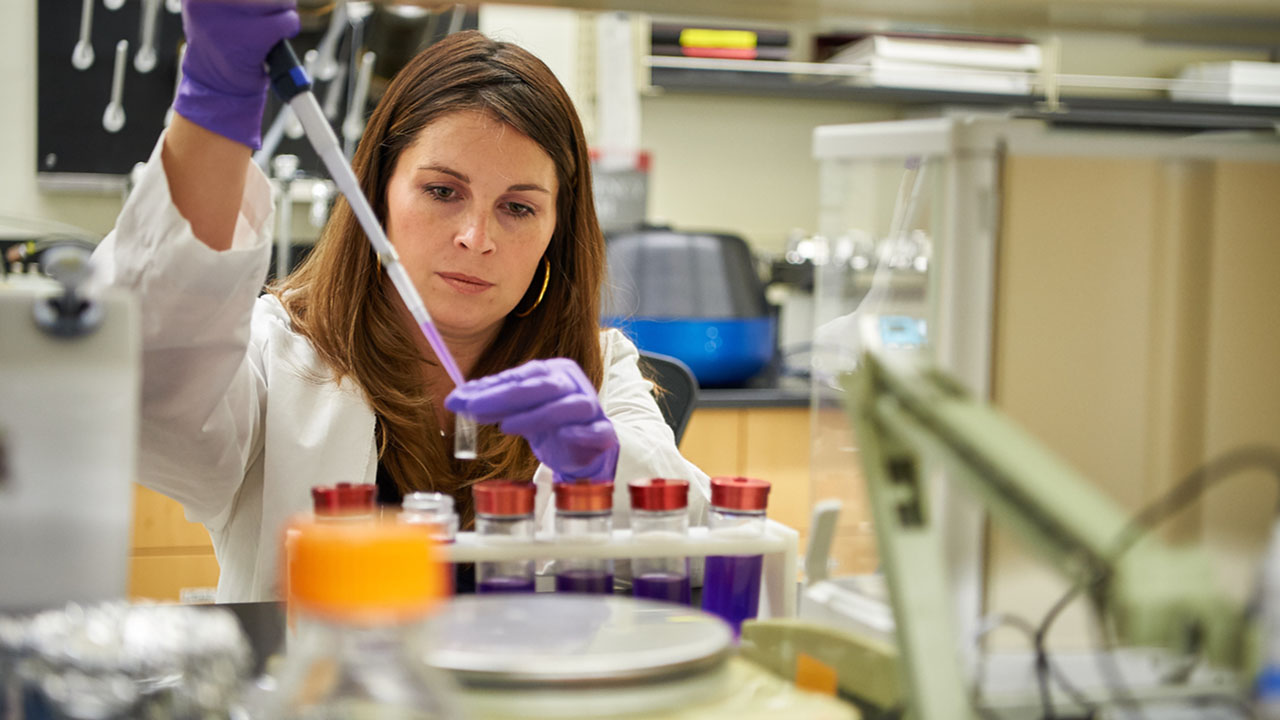Case Study
Restoring Vision
ISSInternational Space Station Research Enables Gene Therapy Breakthrough to Treat Macular Degeneration
ISS National Lab Opportunity
In space, the retina undergoes stresses that closely mimic those seen in macular degeneration—conditions that cannot be reproduced in Earth-based models.
Leveraging the ISS, Oculogenex could test its new gene therapy for macular degeneration in a more disease-relevant model and study the therapy’s impact on retinal cellular regeneration. Using genetically treated mice, the team could evaluate retinal function over time to more accurately assess how well the gene therapy protects and restores retinal cells under extreme physiological conditions. Results from this research could offer insights to accelerate progress toward treating macular degeneration, a leading cause of blindness.
Industries:
Biotechnology, pharmaceuticals, healthcare, ophthalmology
Strategic Focus Area:
Fundamental Science
Research Area:
Gene therapy
Institution:
Oculogenex
IMPACTFUL OUTCOME
The ISS study exceeded expectations, showing not only the prevention of further retinal damage but also a notable reversal of degeneration in retinal cells.
These results paved the way for clinical trials and an upcoming scientific publication, marking an important milestone on the path to curing blindness from macular degeneration. The study not only validated the regenerative potential of Oculogenex’s BMI1 gene therapy but also demonstrated the value of conducting biomedical research in space to accelerate innovation. Data from the spaceflight investigation provided insights that would have taken significantly longer to obtain through Earth-based models alone. The research has sparked interest across the ophthalmology and biotech communities, highlighting how the ISS can be a powerful proving ground for new medical therapies.

INVESTIGATOR
Hema Ramkumar
CEO and Founder, Oculogenex

Hema Ramkumar, Founder and CEO, Oculogenex
Media Credit: Hema Ramkumar
Our research not only confirmed that our gene therapy prevents further retinal damage but also demonstrated significant improvement. We are optimistic that this therapy will eventually reverse vision loss from age-related macular degeneration, a milestone we could only approach by leveraging the microgravityThe condition of perceived weightlessness created when an object is in free fall, for example when an object is in orbital motion. Microgravity alters many observable phenomena within the physical and life sciences, allowing scientists to study things in ways not possible on Earth. The International Space Station provides access to a persistent microgravity environment. environment provided by the ISS National Lab.
– Hema Ramkumar, Oculogenex

APPLICATION
This research could lead to a therapy that protects, and possibly even restores, retinal function in people with age-related macular degeneration, a leading cause of vision loss.
There is currently no cure for age-related macular degeneration. However, Oculogenex’s single gene therapy injection could provide long-lasting treatment for the millions of patients with this devastating condition. The gene therapy could preserve independence, mobility, and quality of life for patients who currently have no effective treatments available, especially in the intermediate stages of the disease. The success of this ISS National Lab-sponsored study also underscores the value of space research in developing impactful treatments for age-related diseases on Earth and addressing terrestrial medical challenges.
Note: This content is abridged from an article originally published in Upward,
the official magazine of the ISS National Lab.


